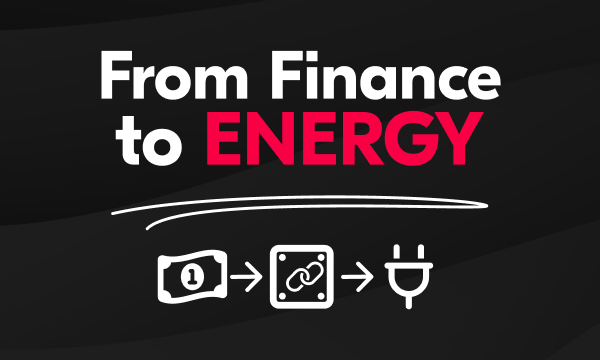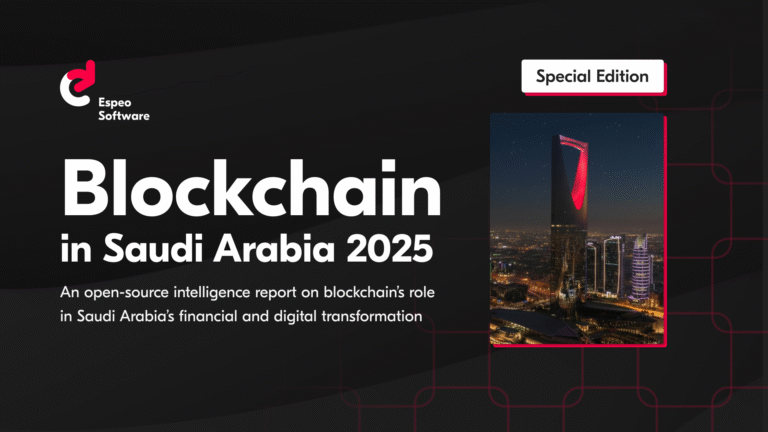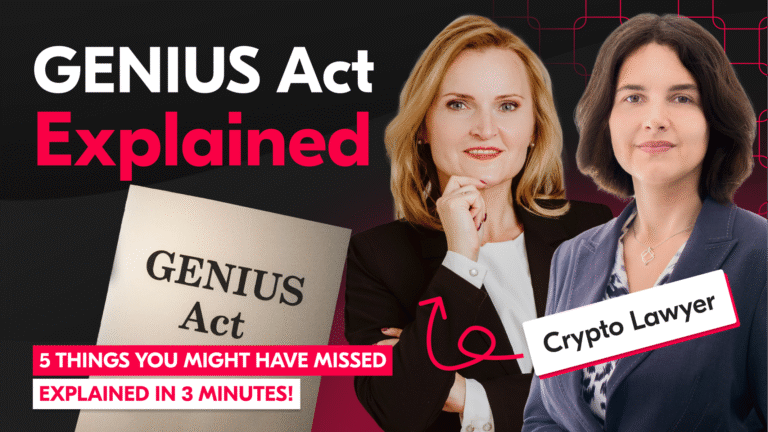Medical IoT devices are great at monitoring patient health and overall fitness. These sleek wearables make it easier to monitor vital signs and help doctors make much faster diagnoses. Connected devices that track pharmaceuticals from reputable sources through the supply chain is also a major opportunity for the healthcare industry. Sounds great right? But with these features, you also need strong guarantees that the data is accurate and untampered with. Blockchain-enabled IoT devices could take advantage of the seamless data exchange IoT offers while also improving healthcare for all.
IoT in healthcare
While IoT devices have been around for a while in many sectors, the rise of wearable — and even ingestible IoT devices are increasingly being put to work in healthcare. As the pace of innovation surges ahead, however, privacy advocates are raising concerns over the data these devices collect. Consumer trust in Big Data is waning as high-profile scandals haunt the big players. Incorporating the trust-building features of blockchain technology may encourage broad adoption of these devices. Blockchain IoT use cases might inject a little more trust into the industry.
Advances in medical technology often mean better tools and more responsive care. In healthcare systems across the world, new tech is helping healthcare professionals deliver better outcomes to their patients. Internet of things devices connect to the internet, collect data, and communicate with each other. In healthcare, these often monitor key health data.
On one hand, IoT medical devices offer patients and doctors new avenues for interaction — and have saved lives. But on the other hand, these devices collect a lot of sensitive data. Security and confidentiality should be top concerns, but many companies have proven incapable of protecting it. Blockchain IoT use cases surrounding robust data protection and integrity can help secure these devices, putting patients in control of who uses this data and for what purpose.
Secure remote patient monitoring
Within the healthcare industry, IoT falls into two categories. These are clinical services and support operations. On the clinical services side, IoT is helping to improve remote patient monitoring, or RPM. RPM features are perhaps the most compelling blockchain IoT use cases in healthcare. Wearable IoT devices also aid clinical trials by tracking vital signs among other indicators such as blood sugar, heart rate or weight.
Swiss medtech startup HIT foundation is already using blockchain technology to facilitate clinical trials, protect medical data, and make sure users know how their data is being used. While it’s not an IoT application per se, one possibility could be to integrate wearable or ingestible IoT devices that continually broadcast patient data during a clinical trial. This would not only provide researchers with verifiable data, but it also gives participants a clear idea of how researchers will use the data and for how long.
With blockchain-enabled IoT devices, end-users can control access to the data the devices collect. By granting and revoking access to sensitive medical data, users can be sure it’s being used appropriately. Blockchain technology in healthcare not only makes medical devices more difficult to hack, but they also can show a detailed record of when another party accesses your data. Consumers concerned with data privacy and companies seeking to better secure their data handling could incorporate blockchain into IoT devices.
Supply chain
Along with more secure remote patient monitoring in medical IoT devices, the drug supply chain is another of several blockchain IoT use cases. Pharma fraud is a major threat to the integrity of the global pharmaceutical industry — and to patient health. Just as you might use a blockchain IoT system to track food provenance, tracking pharmaceuticals through the supply chain would be one possibility for blockchain IoT.
Devices that constantly communicate the location, origin and temperature conditions of pharmaceuticals could have profound impacts on the industry. This would not only reduce waste but would also give regulators and consumers a trustworthy safety guarantee.
In 2018 Swiss Post launched a program using blockchain and IoT that tracks the temperature stability of pharmaceuticals shipped in the mail. The carrier ensures temperature-sensitive drugs such as insulin remain within an acceptable temperature range on its journey to patients. Blockchain technology allows Swiss Post to track the data and also share it with insurers and customers.

Establishing trust
Since blockchains keep a tamper-proof record of transactions, it’s much easier to see where your data is going and for how long. Blockchains IoT use cases have clear applications in the medical sector. Blockchain tools can help automate processes in the healthcare sphere. Introducing some transparency between all the stakeholders will improve the industry. More trustworthy sharing of medical data and pharmaceutical supply chains will improve the way patients, doctors, and other stakeholders interact with each other.
As new IoT device manufacturers continue to roll out IoT devices, the need for better data handling is increasingly important. Consumers and privacy watchdogs want to ensure sensitive medical data is properly secured. Blockchain IoT use cases in medtech will do just that.
Conclusion
IoT devices are proliferating in the medtech industry. These devices help medical professionals and patients track their health and monitor vital signs in real-time. IoT devices can also help track pharmaceuticals through the supply chain and verify authenticity. But among the most important blockchain IoT use cases is blockchain’s ability to establish trust in the healthcare industry.
Blockchain’s promise is in its built-in trust mechanism. For IoT devices, this means patients can grant or limit access to their sensitive data, even revoke it if they wish. For ll the complexities of the healthcare market, IoT and blockchain can work together to come up with new ways to make the industry more efficient and responsive to patient needs. It’s up to us to find the best ways to implement it.



